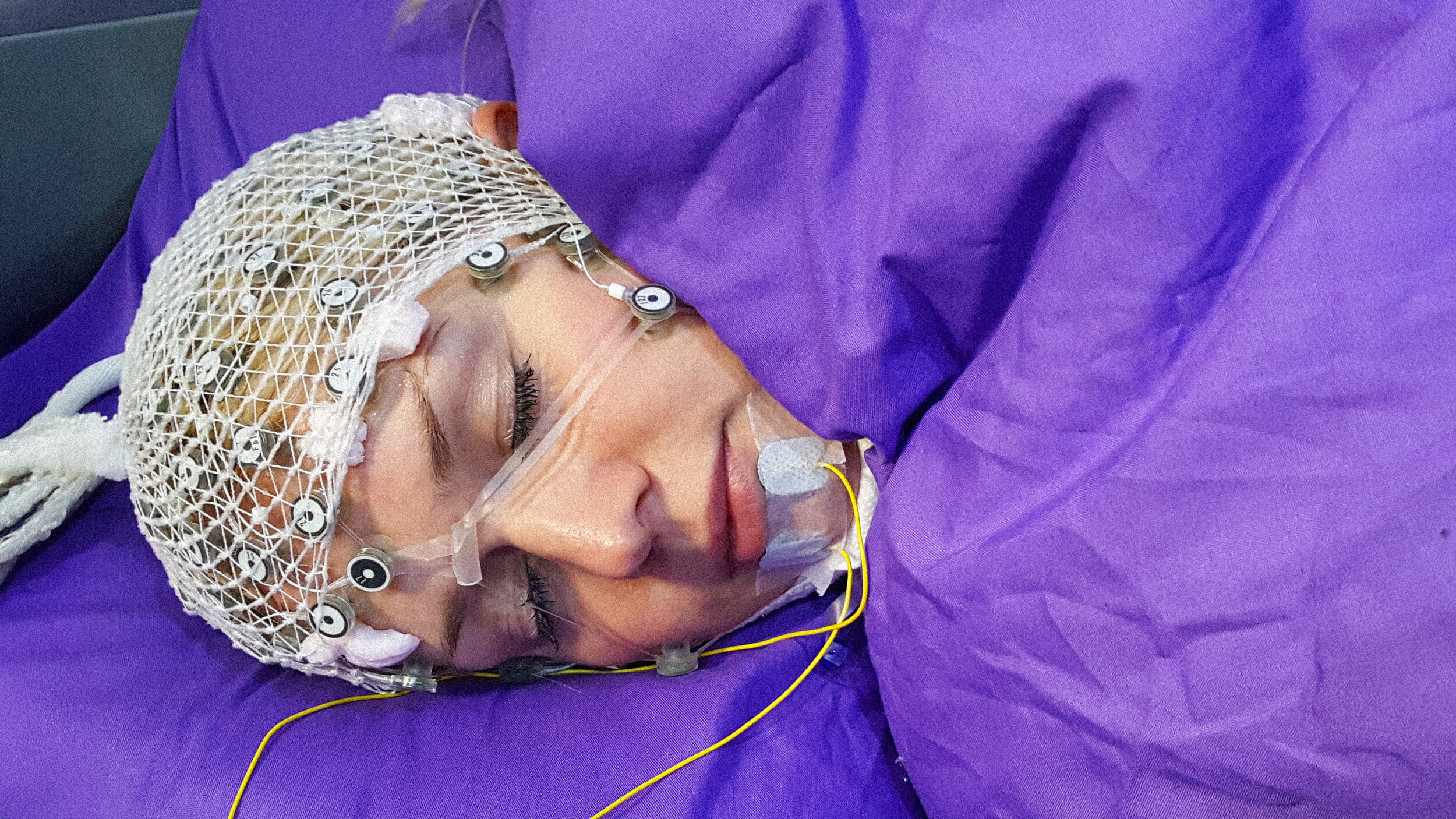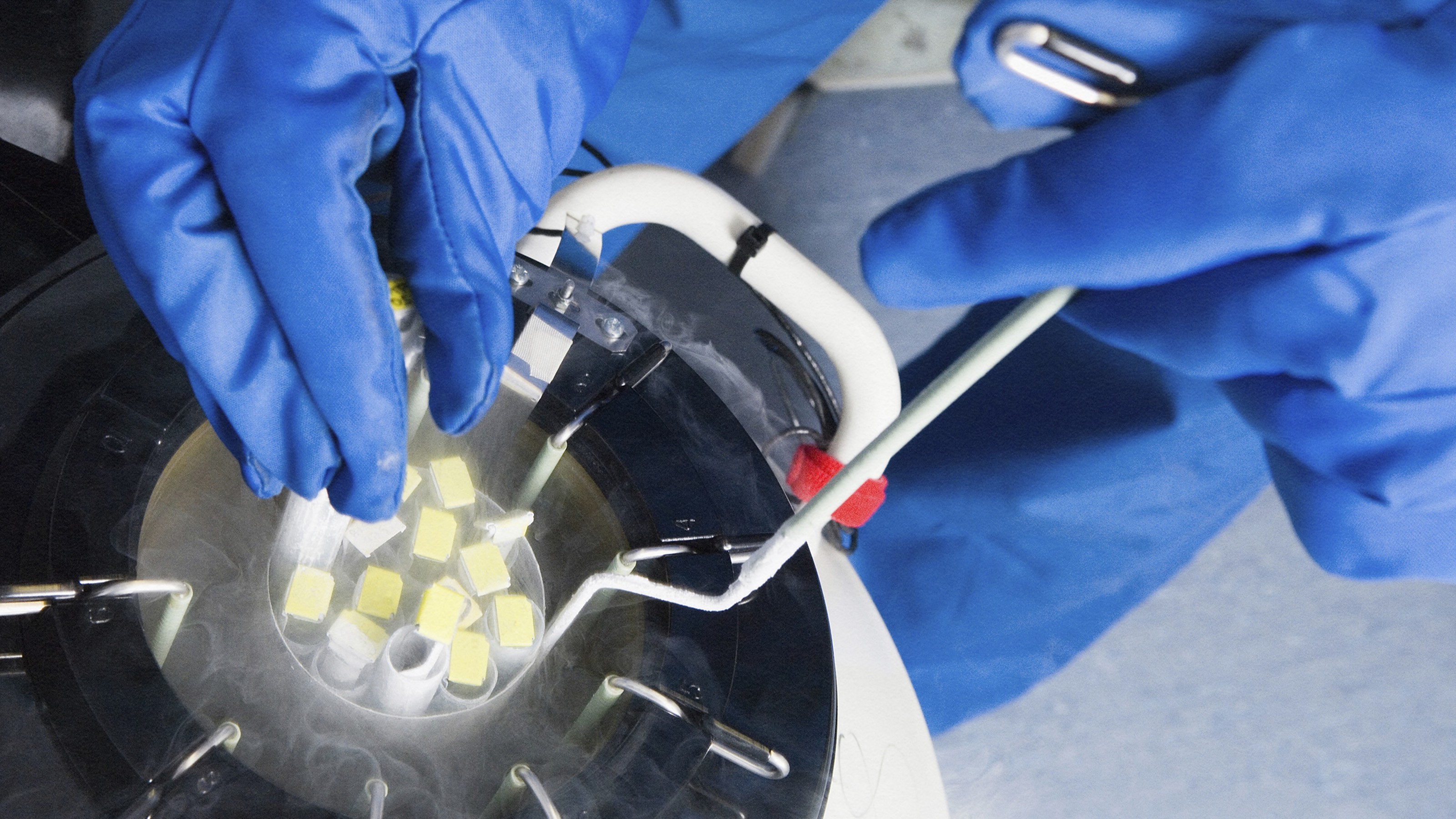Federal Regulators Vindicate Dr. Maria New

This month, federal regulators vindicated Dr. Maria New, a leading pediatric endocrinologist who studies prenatal treatment for congenital adrenal hyperplasia (CAH), a hereditary disease that exposes the fetus to excessive male hormones in the womb. In February, a group of activist bioethicists sent a letter of concern to the Department of Health and Human Services, the FDA, and other regulators implying that Dr. New was performing unauthorized experiments on pregnant women and their children. Earlier this month, DHHS released the results of its investigation. The investigators found that all of Dr. New’s research had been conducted according to the rules of ethical oversight.
You can read my new story on Dr. New and fetal dex at Slate XX.
Dr. New was singled by the activists because she is an outspoken proponent of treating CAH in utero with a steroid called dexamethasone. CAH is the most common cause of ambiguous genitalia in girls. Many of the signatories of the letter are advocates for the rights of people with ambiguous genitalia. They raise good points about the ethical pitfalls of subjecting children to painful surgery to “reconstruct” otherwise healthy genitals. However, the prenatal dex for CAH doesn’t fit their rigidly ideological framework. CAH is a serious disorder that also happens to cause ambiguous genitalia. Treating the hormonal imbalance in utero prevents ambiguous genitalia and serious birth defects.
The original letter of concern claimed incorrectly that prenatal dex was a purely cosmetic treatment to prevent girls being born with enlarged clitorises. The authors were forced to backtrack on that allegation before the investigation was complete. Uncontrolled CAH in utero can also cause serious birth defects that interfere with health and quality of life as well as genital appearance. Severely affected girls suffer from incontinence, chronic infections, and other serious medical problems. They may need multiple, painful surgeries to correct malformations of the genitourinary system. This surgery is often unsuccessful. Dr. New has encountered patients who have been rendered incontinent because of complications of the surgery. Ironically, the most vocal critics of Dr. New have also been outspoken in condemning reconstructive surgery for the complications of CAH. (I share their opposition to the purely cosmetic component of reconstructive surgery. There is no need to reduce an otherwise healthy clitoris to a “socially acceptable” size. Sadly, the reconstructive component is often necessary if CAH is not addressed in utero.)
If dex is started early and taken consistently,it is up to 100% effective in preventing CAH-linked birth defects in girls. Even dex’s harshest critics concede that it is highly effective. The only question is whether the drug has as-yet-undiscovered side effects.
Dr. New has followed more dex exposed CAH babies and sibs than any other researcher. One very small early study found a correlation between prenatal dex and subtle working deficits in children but the researchers were unable to replicate their own findings. Dr. New has followed hundred of CAH-exposed children for nearly 12 years. Her research shows no cognitive or medical side effects of the treatment.
Some of New’s critics falsely claimed that she promoted dex as a “treatment” for incipient lesbianism. She dismisses the charge as totally ridiculous. The only grain of truth behind the innuendo is that New co-authored a paper that found a correlation between CAH severity and sexual orientation in adulthood. Girls with CAH are slightly more likely to grow up to be lesbians than the average woman, but the majority are straight whether they get prenatal dex or not. The paper does not paint lesbianism as negative or abnormal in any way, nor does it recommend “treatment” of any kind. Since the bogus charge of “treating lesbianism” didn’t make it into the official letter of complaint, so the government regulators didn’t address the question. The paper is part of a much larger body of research on the origins sexual orientation. New’s findings lend support to the widely-held theory that prenatal hormones affect adult orientation.
Society should embrace anatomical diversity, but not at the expense of children at risk of preventable birth defects. Let’s treat the health issues first and let the appearance and orientation chips fall where they may. If average-looking junk and a slightly increased risk of heterosexuality are side effects of preventing birth defects, that’s a small price to pay.





